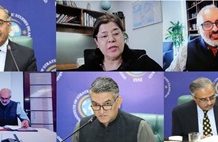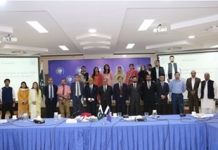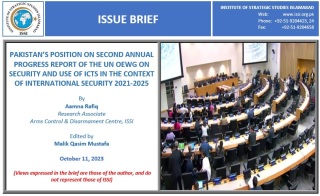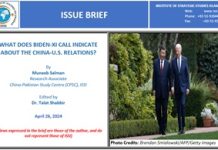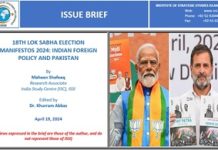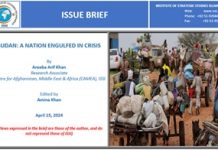The Open-ended Working Group (OEWG) on the security of and in the use of Information and Communications Technologies (ICTs) 2021-2025 reached a consensus on its Second Annual Progress Report. The consensus report came at a crucial time as the UN is celebrating 25 years of discussions on the topic of ICTs in the context of international security.
Militarization of ICTs: Existing and Potential Threats
In this report, UN member states expressed their concerns vis-à-vis potentially malicious and irresponsible use of ICT capabilities by state and non-state actors. The increasing militarization of dual-use ICT capabilities in the wake of an unstable geopolitical landscape and rapid commercialization has resulted in the rapid proliferation of ICT capabilities and the formation of the international black market. The report also highlights wide-ranging existential and potential threats like data theft, misinformation, ransomware, malware, and phishing to the critical infrastructure (CI) and critical information infrastructure (CII), which provide services in essential sectors like healthcare, supply chains, aviation, and maritime. Highlighting the gender dimension of these threats and the digital divide across the globe makes this report more inclusive and equitable. While recognizing the significance of a global information-sharing mechanism for raising awareness, UN member states proposed the development of a “threat repository.” This repository could be further linked with the global directory of point of contact (PoC) and technical PoC to achieve synergy.[1] With respect to the militarization of ICTs, Pakistan has a consistent position. Pakistan considers cyberspace a “common heritage of mankind” and calls for a complete ban on the development of all kinds of offensive applications of ICTs.[2]




